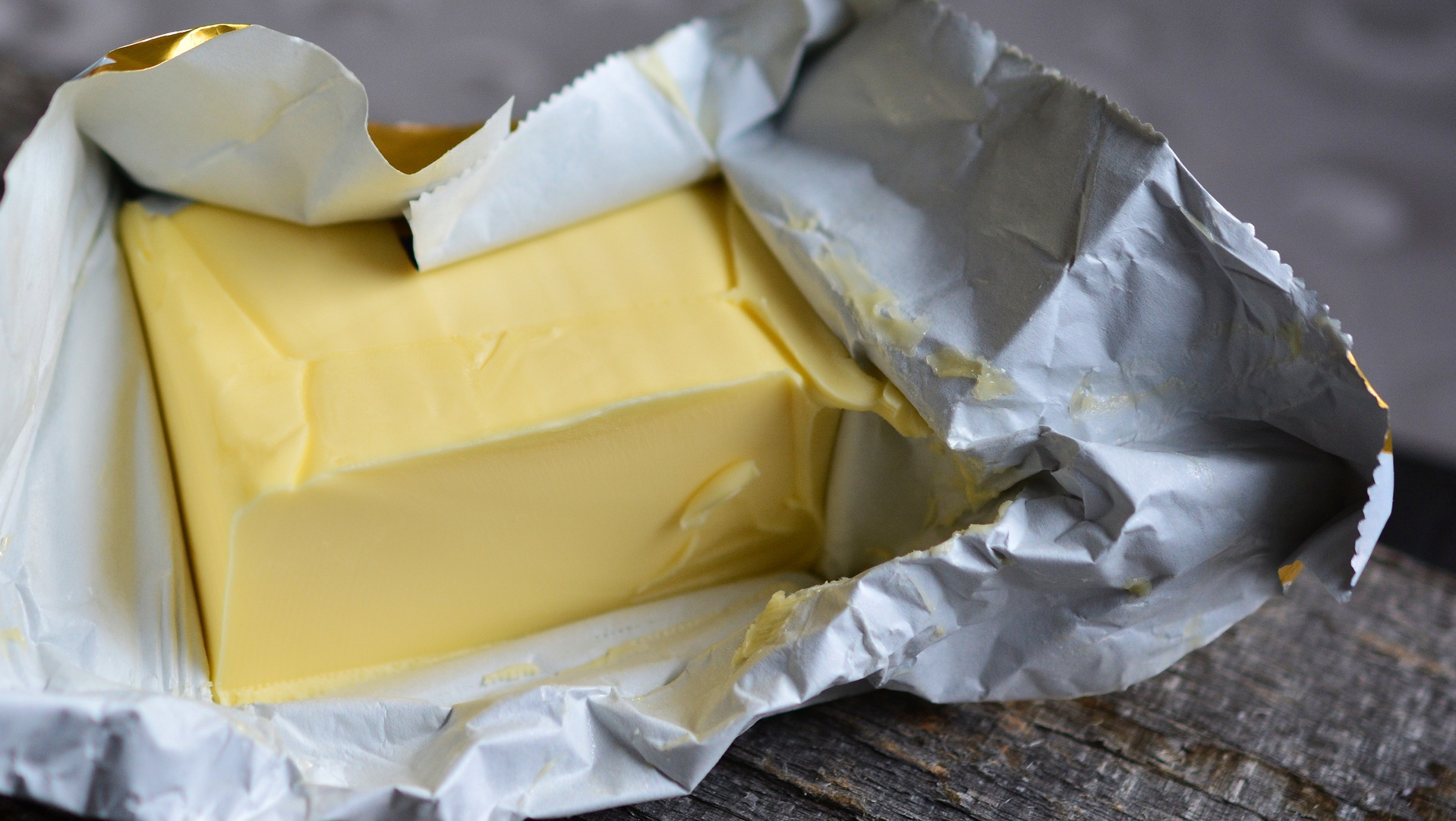Lowering Your Triglyceride Levels Naturally
Triglycerides are a type of fat found in the blood. When we consume calories beyond our immediate energy needs, the excess calories are converted into triglycerides, which are stored in fat cells for later use. However, consistently high triglyceride levels, known as hypertriglyceridemia, increase the risk of heart disease, stroke, and metabolic disorders, making it essential to monitor and manage them.
The Health Risks of High Triglycerides
High triglyceride levels can thicken the blood, increasing the risk of blockages in blood vessels that may lead to clotting, heart attacks, or strokes. This condition is often associated with metabolic syndrome, a cluster of conditions that include high blood pressure, high blood sugar, and abnormal cholesterol levels. Monitoring triglyceride levels, especially for those with a family history of heart disease, can help prevent serious health complications.
How Triglycerides Are Measured
Triglyceride levels are measured through a blood test called a lipid panel. Fasting 9-12 hours before this test provides the most accurate results. Normal triglyceride levels are below 150 mg/dL. Levels between 150 and 199 mg/dL are borderline high, while levels over 200 mg/dL are high and increase the risk of cardiovascular issues.
Lifestyle Tips for Effective Triglyceride Management
- Eliminate Smoking: Smoking contributes to high triglycerides and negatively affects lipid levels, increasing heart disease risk. Quitting smoking not only improves triglycerides but also enhances overall cardiovascular health.
- Focus on Sleep Quality: Studies have shown that poor sleep is associated with higher triglyceride levels. Aim for 7-8 hours of quality sleep per night to help maintain healthy triglyceride levels and support metabolic health.
- Stay Hydrated: Drinking plenty of water throughout the day supports digestion and helps your body metabolize fats more effectively. Replace sugary or caffeinated drinks with water or herbal teas to reduce caloric intake and support lipid health.
Natural and Effective Remedies for Lowering Triglycerides
High triglycerides are a health concern that, if left untreated, can lead to serious cardiovascular conditions. However, triglyceride levels can often be managed naturally through lifestyle adjustments, dietary changes, and targeted supplementation. Consult your healthcare provider for a tailored plan, especially if you have pre-existing health conditions or a family history of heart disease. Working proactively to lower triglycerides is a step toward overall wellness and a healthier heart.
Dietary Adjustments
- Reduce Sugar and Refined Carbohydrates: High sugar intake from sugary drinks, baked goods, and processed foods can raise triglyceride levels. Replace simple sugars with complex carbs like whole grains, and avoid foods with high-fructose corn syrup, which can increase triglycerides by up to 30%.
- Incorporate Omega-3-Rich Foods: Omega-3 fatty acids, found in fatty fish (such as salmon, sardines, and mackerel), are highly effective at lowering triglyceride levels. Omega-3s help reduce blood fat levels and support heart health. If you don’t eat fish regularly, consider taking a daily Omega-3 supplement.
- Add More Fiber: Fiber, particularly soluble fiber, helps lower triglycerides by reducing fat absorption. Increase your intake of fiber-rich foods like oats, beans, lentils, fruits, and vegetables.
- Choose Healthy Fats: Replace saturated fats and trans fats with unsaturated fats. Use olive oil, nuts, seeds, and avocados instead of butter or margarine. Lean proteins like chicken and fish are also good options.
- Limit or Eliminate Alcohol: Alcohol contains high levels of sugar, which the liver converts to triglycerides. Limiting alcohol can significantly reduce triglyceride levels, especially for those with already high levels.
Regular Exercise
Physical activity lowers triglyceride levels by burning off stored fats and improving overall metabolism. Aim for at least 150 minutes of moderate-intensity exercise each week, such as brisk walking, swimming, or cycling. High-intensity interval training (HIIT) also reduces triglycerides, especially when combined with aerobic exercise.
Weight Management
Gradual weight loss, especially from abdominal fat, can lower triglyceride levels. Losing even 5-10% of body weight has been shown to reduce triglycerides and improve other lipid levels. Avoid rapid weight-loss diets, as they can temporarily increase triglycerides.
Supplements for Triglyceride Reduction
- Omega-3 Fatty Acid Supplements: Fish oil supplements, which provide EPA and DHA (types of Omega-3s), are highly effective at reducing triglycerides. Follow the dosage a healthcare provider recommends, as higher doses are often necessary for significant effects.
- Niacin (Vitamin B3): Niacin can lower triglycerides by up to 50% and raise HDL cholesterol, but it should be taken under medical supervision, as high doses can have side effects.
- Garlic: Garlic supplements or raw garlic have been shown to lower triglycerides by about 10-15% and may improve blood lipid levels overall. One-half to one clove daily can benefit from its antioxidant and anti-inflammatory properties.
- Pantethine: A form of vitamin B5, pantethine has been found to reduce triglycerides when taken consistently with other lipid-lowering efforts.
Reduce Processed Foods and Sugary Beverages
High-fructose corn syrup and processed sugars are major contributors to elevated triglycerides. Packaged snacks, cereals, and sodas contain high amounts of these ingredients, making it essential to read labels carefully. Switching to whole foods and eliminating sugary beverages can majorly impact triglyceride levels.
Herbal Supplements with Scientific Backing
Certain herbal supplements have been studied for their lipid-lowering properties. Some of the most effective include:
- Green Tea Extract: Rich in antioxidants, green tea extract has been shown to improve lipid profiles and support weight management, indirectly helping to lower triglycerides.
- Curcumin (Turmeric): Known for its anti-inflammatory properties, curcumin can help balance cholesterol and triglyceride levels.
- Guggul: An herb used in Ayurvedic medicine, guggul extract has shown potential for lowering triglycerides by improving lipid metabolism.



